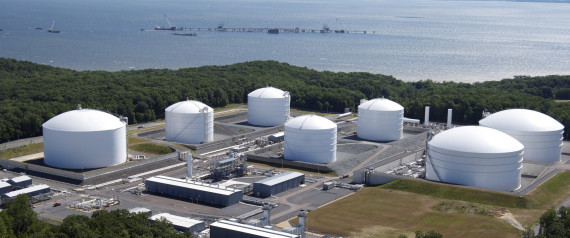CCAN Applauds Historic New EPA Rules to Crack Down on Power-Plant Pollutants
As the EPA finalizes new rules to put a stop to harmful fossil-fuel pollutants, climate activists look forward to the next steps
Washington, D.C. — On April 25, the U.S. Environmental Protection Agency (EPA) finalized a historic package of standards restricting pollution from fossil-fuel power plants throughout the nation. The new regulations require that existing coal and new gas power plants cut or capture 90% of their emissions, update and strengthen the Mercury and Air Toxics Standards (MATS) limiting toxic metal contamination, and mandate safe disposal of coal ash and toxic wastewater. Climate activists celebrated the release of the new rules as a major victory for public health and clean energy.
Communities and families across America will benefit from EPA enacting these rules in a variety of ways including:
- The power plant carbon pollution rule is expected to prevent 360,000 cases of asthma symptoms in 2035 and prevent up to 1,200 premature deaths.
- The updated MATS regulations are projected to result in $130 million in climate benefits between 2028 and 2037.
- These rules will reduce a wide range of toxic pollutants like arsenic, selenium, and other heavy metals that can cause cancer; and harm to the kidneys, lungs, and nervous system. These rules will also reduce pollutants that lead to developmental delays, learning disabilities, and birth defects.
Quentin Scott, Federal Director for Chesapeake Climate Action Network (CCAN), made the following statement in response to the newly finalized rules:
“Low-income communities and communities of color who disproportionately live near fossil fuel power plants have been waiting far too long. The fight to update these standards spanned multiple administrations but President Biden and Administrator Regan promised they would get it done– and now they did it! This is a big step in the right direction toward righting past wrongs done to environmental justice communities. We aren’t done, but days like these get us excited for the work to come.”
Unfortunately, not all utilities will look at these rules as an opportunity to change their business priorities, but instead see it as a last chance to saddle rate-payers with a financial boondoggle. They’ve already started. Dominion Energy has proposed a 1,000 MW gas plant in Chesterfield, Virginia and Duke Energy has proposed 10 new gas plants in their service territories. We’re ramping up our members and partners for the next phase of this fight for a cleaner, safer future.”
The package of EPA standards has now been finalized from the agency’s perspective. However, they are now subject to the Congressional Review Act (CRA), which allows Congress to reverse agency standards. Senator Shelley Moore Capito from West Virginia has already promised to file a motion in the coming weeks to reverse these rules. It’s unclear if U.S. Senate Majority Leader Chuck Schumer (D-NY) will bring the motion for a vote.
# # #
Chesapeake Climate Action Network is the first grassroots organization dedicated exclusively to raising awareness about the impacts and solutions associated with global warming in the Chesapeake Bay region. Founded in 2002, CCAN has been at the center of the fight for clean energy and wise climate policy in Maryland, Virginia, and Washington, DC.



